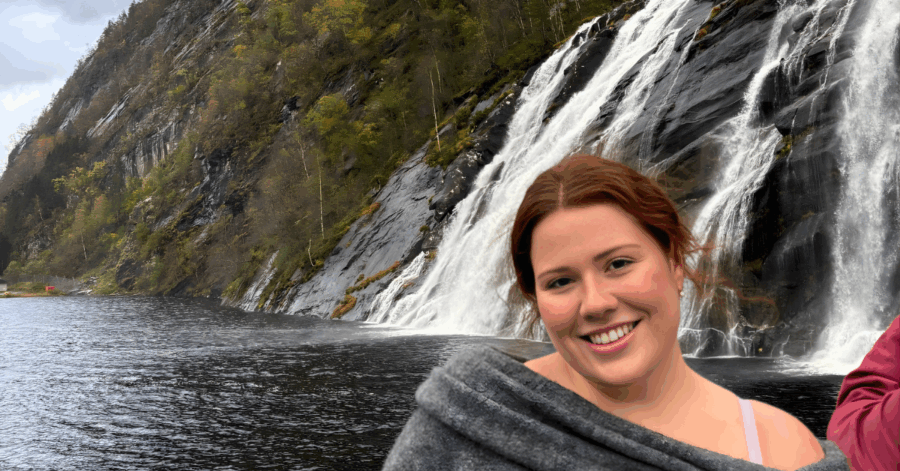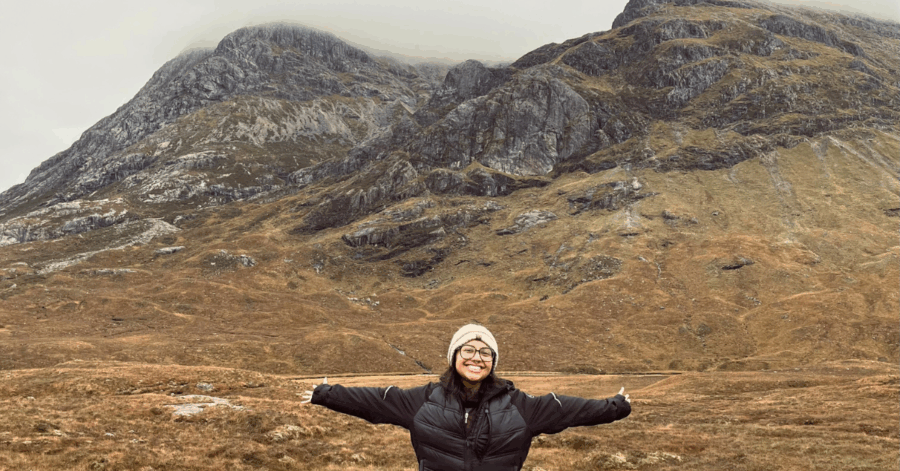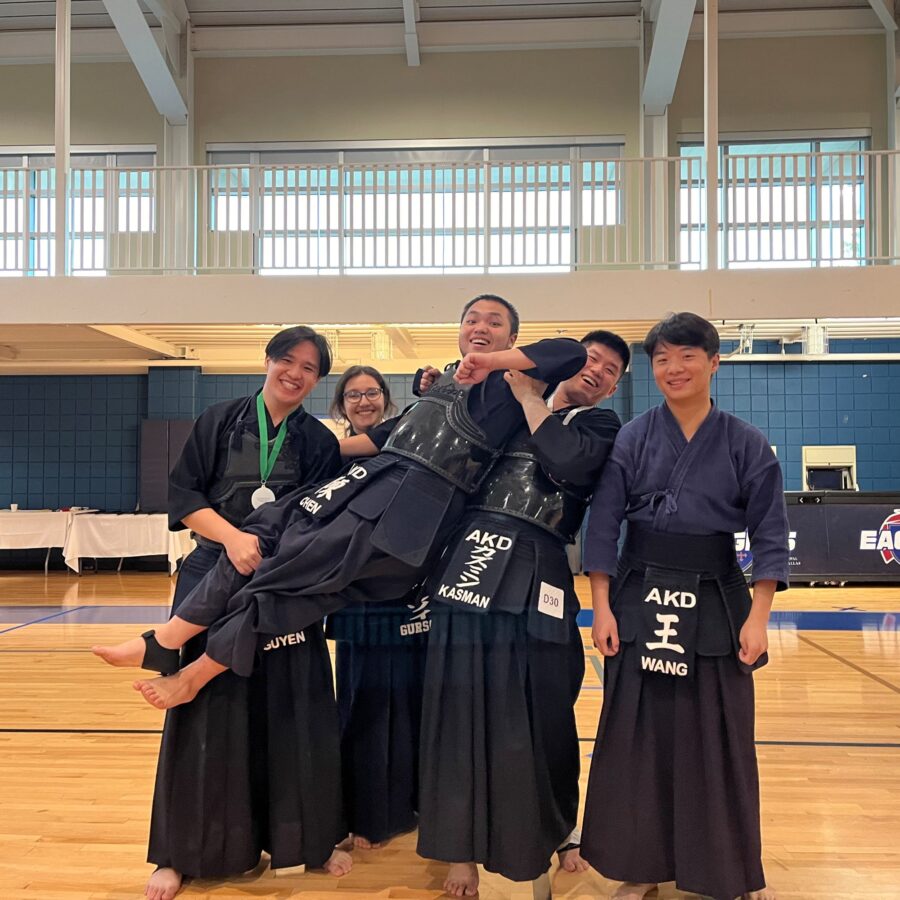Heyya folks. Today I will be talking about my experience working in a research lab while on my exchange year in Singapore! It is daunting to try and cover the experience in one blog, so I asked several of my friends what specific questions they would like the post to answer. Because the questions were so varied, but also repeated by multiple people, I decided to structure it like a Frequently Asked Questions section! And here it is:
What do you do?
So, I work in a biology lab in Singapore. I research birds, doing population genetics on the Common Redshank to further assess the species’ linearity of migration. Don’t worry, I’m learning too, and I’m not entirely sure what that phrase means yet. Basically, I am performing genomic analysis on 500+ individuals of the same species from different reaches of its population range in hopes to uncover how each sub-population is related to each other, and ultimately hypothesize the region where the species first appeared.


Some background on myself?
My first research projects were in high school. I conducted research on brain computer interface technology at NASA, the genetics behind gynecological diseases at a local OBGYN clinic, and gastrointestinal parasites at my city’s animal control office.
At UT, I was involved in the Freshman Research Initiative through the Genome Engineering Stream, and worked in the stream for about 2 years, performing research in molecular biology and molecular genetics in E. coli and Baker’s yeast.
I am now in Singapore for a year-long exchange. Research is my love. It has been such a big part of my university experience, and I knew I wanted to continue it when I went abroad. I figured that I could get involved with a super cool research project in a new application of genetics I find interesting (check) and that I could explore how research works on an international scale (check again).

How did you get involved?
Actually, I knew I wanted to do research on my exchange from the very beginning, so I only looked into universities with strong academic research that I could potentially take part in! After meeting with a few different advisors, I settled on Singapore when I talked to Thuy. It all just…fit. She told me about how they were advertising their UROPS program (undergraduate research opportunity program in science) to exchange students.
After this conversation, I did a lot of emailing to figure out how UROPS worked and how I could get involved. What was interesting is that it seems like I may have been the first exchange student at NUS to do it! Yunno, because everyone was a bit unsure about what I was supposed to do.
But let me tell you what ended up working.
So, I went on to the department websites that I was interested in working in, and found faculty with research interests similar to mine. From there, I looked at their research labs’ web pages and compared from there, asking many second opinions for the best lab to choose (thanks for helping fam), until I settled on my current laboratory.
From there, I sent a very carefully worded email to the Principle Investigator making my case on why I would be a great addition to his laboratory. Thankfully, he agreed to let me join!
After gaining the Principle Investigator’s approval, I waited until I arrived in Singapore to iron out the final details for the project and for UROPS program enrollment in person.
Do professors give students projects?
In the UROPS and Honours programs for undergraduates at NUS: Yes the supervisor will suggest projects for you to work on. They will likely already have a long list of projects they want to work on and will be absolutely that thrilled you joined the lab so someone can work on it. I also get the feeling that if you had a very specific research interest and research question, they would be super willing to accommodate it as well, but you don’t need one to start a project in a lab.
Are most student expected to do research?
At NUS? I would say no. I think that it is seen as a special distinction here. It takes time, and some people won’t want to put in that time, same with in the states.
What is your experience like, and who are the people you work with?
A big question! Basically, I do a mix of corresponding with researchers in other countries, handling paperwork for sample importation, field work, lab work, and eventually, data analysis and writing. I feel like I am given a lot more responsibility over each step in my project here than I was with my individual projects at UT, and it was a bit overwhelming at first…because I didn’t know how to ask researchers to contribute their samples to me nor how to handle importing bird blood, tissue, and feathers through the Singaporean government. Yikes! Luckily, learning on the job is totally a thing, and my supervisors have been super patient with me. Despite being given near complete responsibility over the project, my supervisors have been there to support and train me every step of the way.
So, I work with researchers from all over the world through email chains, as well as with officials in the Singaporean government through permit applications. In person, I work with a few project collaborators, such as researchers at the national parks, as well as with my Principle Investigator and my direct supervisor, a Research Assistant in the lab. Within the lab quarters, though, I share brief interactions with anyone I come into contact with! It’s a very communal space, so you say hi and grab lunch with other members who are also available.
In terms of time I put in, it varies widely depending on the week. Some weeks, I have a lot of lab work to get done, and some weeks, I am waiting for correspondences or results from a previous week to begin. On an average week, though, I probably spend about 18 hours in lab? But the range is from 0 to 50, so take that with a grain of salt.

How much work have a been able to/will you be able to get done?
So far, I have extracted DNA from several sample formats from about 300 (of 500+) individuals (I would like to mention that most people in my lab have a sample size of around 50, so mine is comically large), and I have completed the restriction part of library preparation on the sub-samples I’m using for my UROPS thesis. By the end of my time in Singapore, I intend to have fully completed not just my UROPS project (thesis write-up and presentation) on the topic, but a full research paper for it as well. For this, I will need to extract all samples of interest and perform library preparation so they can be sequenced in a process called ddRADseq using Next-generation Illumina lane sequencing. From these sequencing results, I will need to comb through data and run several population genetics data analysis programs to identify patterns in the dataset before writing and submitting the paper to academic journals.
Oh, and because I want to take the project all the way to the end stages, I have decided to commit the following summer to finishing it up as well.

Does cultural difference play a role?
Cultural difference for sure (!!!) plays a role. What I find really rewarding about working in my lab is the opportunity to interact with, not just locals, but with researchers from all over the world. There was a lot of cultural adjustment for sure. Turns out that different cultures have different communication styles, so it is super interesting to navigate around people being less direct/more direct with me than I was used to in the states.
Do people usually pursue a PhD right out of undergrad or perform research/do a Master’s first?
So, this depends on the university. At NUS, you don’t need a Master’s degree to enroll in their PhD program. It’s a lot like the US system in that way.
Now, I’ve been trying to figure out if there was a pattern to which universities around the world need a Master’s and which don’t, and so far, I haven’t found too much of a pattern. It seems that you need to look up the PhD program for each university you’re interested in and read about their specific entry requirements.
In general: I would say that Singapore and USA don’t require a Master’s degree for a biology/related fields PhD, and for the rest of the world it usually does. It’s worth mentioning, however, that the time spent to eventually earn the PhD through both systems ends up being roughly the same. A PhD is supposed to take 5 years in the US system (but there’s no limit so some people take a lot longer), while in Europe for example, a one- to two-year research Master’s is required before a three-year PhD program.
How is it different from research back at UT?
So, the work culture of my lab is a bit different. People are quieter here, a bit less outwardly social. And the lab quarters are very carefully distributed evenly between research groups. And everything is immaculately clean. Basically, in terms of this, compared to how I was used to doing research, it was easy to feel a bit suffocated with how tight the new rules were, but after an adjustment period, I don’t even think about it anymore. It’s just second nature.
If you’ve ever done research before or have changed research groups, you’ve probably heard that you need to let go of what you’ve been taught before, because the new group that you’re in might do things differently. Essentially, it’s the same here too. You need to keep an open mind when you join any new research group, and changing research groups to one in another country comes with the same adjustments, just with a few additional cultural adjustments as well.
Besides that? Science is science. Gotta love me an international discipline.

Would you recommend this experience to other incoming study abroad students?
Do you like research? Do you want to see how research labs work on an international scale? Do you want to have or are willing to have a different study abroad experience from your peers?
If you answered “yeah,” “sure,” or “sounds kinda cool” to any of these questions, my answer is a resounding YES.
Performing research on my exchange year in Singapore has been an amazing experience and opportunity for me. My project, while large and time consuming, is so, so cool, and it’s a project I never would have been able to work on at UT. Not every university will have research groups in every research interest. So why not study abroad at a university that does have that research topic you’ve been wanting to dabble in? You get to explore that topic of interest while gaining international experience. Talk about efficiency.

Now, I feel like I must also mention that, for my personal situation, not only do I want to perform research throughout my undergraduate career, but it would likely be detrimental for me to take too much time off – like for a year to study abroad. But I didn’t want to sacrifice one dream for another, so I decided to pave my own path and combine the two.
If this also applies to you, I would whole-heartedly recommend you looking in to combining the experiences, like I have.
Signing off

All in all, I love my choice to participate in my research lab here in Singapore. I hope that my answers to these FAQs have helped you to understand my experience or to consider your own in some way.
It has been an honor serving as one of UT’s global ambassadors these past few months. If you have any more enquiries about my experience in Singapore or in my research lab, please don’t hesitate to reach out to me personally through my email: knmoreland@gmail.com
I hope to talk to you again soon.







I don’t know how I missed reading this one until now. Research can be fun and stimulating, and I am glad you are enjoying it. I would not want to have missed out on my 2 decades of research and writing before Grandma and I decided to move to the ocean and do private practice. It sounds like you are going to be spending the summer in Singapore before returning to Austin. We miss you. Looking forward to your return.
Hi Kelsey. I just got this post today. Remember when we had lunch and asked about your research and after about 10 minutes of excited talking, you looked at Grandpa and me and said, “you don’t understand a thing I’m saying, do you?” Nope, we didn’t, but loved your enthusiasm. Same goes for lots of this post! Not sure we speak the ‘same’ language!
Enjoy your final months in Singapore and see you back in Texas